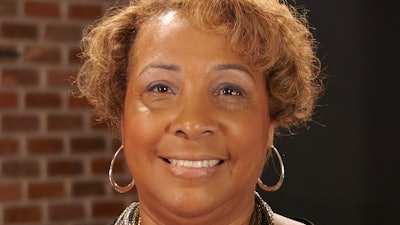Picture this: you are in a hospital setting and you witness another staff member ask a Black medical student if they need help cleaning up. The staff member assumes the medical student is the janitor. Unfortunately, experiences like these are all too common in healthcare today. Within professional environments, microaggressions persist as a pervasive and often overlooked force, representing one of the most significant challenges to equity and inclusion.
Microaggressions are often rooted in unconscious or implicit bias. These words or actions, whether we want to believe it or not, result from stereotypes we have about individuals without our conscious knowledge.
 Dr. Marcine Pickron-Davis
Dr. Marcine Pickron-Davis
Healthcare practitioners from diverse backgrounds face similar microaggressions. In fact, marginalized students in medical school report higher rates of implicit bias throughout their education, perpetuating the underrepresentation of diverse practitioners and emphasizing the need for enhanced DEI programs in medical education.
DEI leaders in healthcare continue to grapple with ongoing challenges, whether it be microaggressions, patient distrust, biased outcomes, or embedded racism. As the leader of diversity and inclusion efforts at a medical institution, I firmly believe that providing preemptive education for students – those who will go on to serve as our next generation of doctors and healthcare practitioners – is key to proactively identify and mitigate unconscious bias.
The Impact of Microaggressions in Medicine
The pervasive nature of microaggressions demands a proactive and multifaceted approach, acknowledging their impact on professionals' well-being and recognizing their far-reaching consequences on marginalized communities. By equipping medical students with strategies to navigate microaggressions, we will foster an environment that is not only inclusive, but also genuinely supportive of practitioners and patients.





















